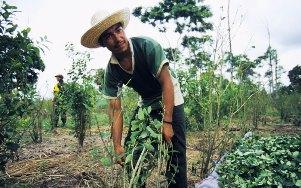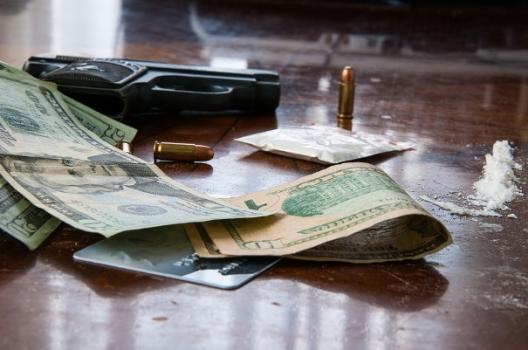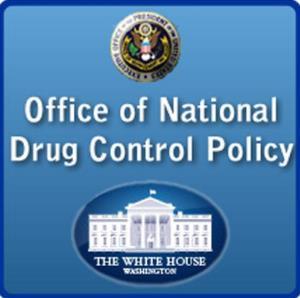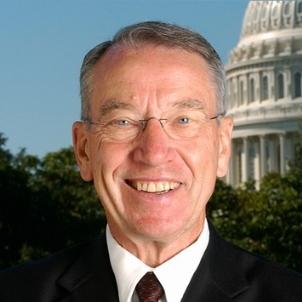
Harvesting coca crops in Colombia. The Segunda Marquetalia guerrilla faction has imposed peace in Narino. (DEAMuseam.net)
DEA Increases Quotas for Psychedelic Research, Sinaloa Cartel Infighting Death Toll Rises, More... (9/23/24)
New Hampshire lawmakers are already rolling out marijuana reform proposals for next year, peace has come -- at least for now -- to a troubled Colombian coca-producing province, and more.








